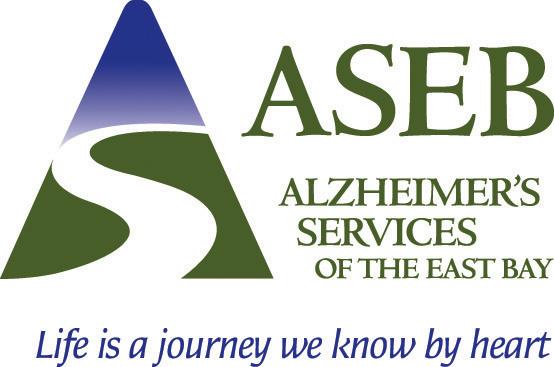We faced many challenges in 2011 but, as the year draws to a close, I’m happy to announce a victory. On November 17, 2011, a federal lawsuit that challenged the California Department of Health Care Services (DHCS) planned elimination of Adult Day Health Care (ADHC) as a Medi-Cal benefit was settled. The good news is that the right of the seven plaintiffs, and the 35,000 low-income people with disabilities they represent, to continue receiving center-based health care was upheld. We are grateful for the enormous effort that went into this action and for the outcome, which we hope will allow ASEB to keep its doors open to many who rely on our services.
First, I would like to say that this victory was brought about by the concerted effort of a group of organizations and individuals that worked together in a way that was truly inspiring. One thing that I learned through this process is how powerful we are when we join forces, and how the synergy that results from uniting for a common cause can be used to make change. I haven’t seen this kind of collaboration for a long time. Disability Rights California, the National Senior Citizens Law Center, the National Health Law Program, the AARP Foundation, the California Association for Adult Day Services, Morrison & Foerster, and others negotiated at length with the DHCS before reaching a compromise that preserves ADHC-like services for people who are at risk of institutionalization. In addition, a dedicated group of families, caregivers, staff, and individuals showed up at rallies, wrote to their representatives, attended meetings, and did everything in their power to convince the government that the services their loved ones received are absolutely critical to their well-being and happiness. I am deeply moved by the passion and commitment I witnessed on so many levels.
But future is still uncertain, and our struggle is far from over.
The program that will replace ADHC, called Community-Based Adult Services (CBAS), will offer center-based skilled health and nursing care, therapies, transportation, and other services to eligible low-income seniors and people with disabilities. Because individuals with Alzheimer’s and dementia are high on the list of those entitled to care under CBAS, we are hoping that most of our ASEB participants will qualify for the new program, which will be offered through Medi-Cal managed care plans. Part of the settlement was that the ADHC elimination date would be extended from December 1, 2011 to February 29, 2012. During that time, we at ASEB will be working with the appropriate agencies to make the transition from ADHC to the new program as seamless as possible.
While I’m hopeful that the families we serve will receive the services and support they need, we have yet to learn the particulars of the new program. For example, the state has not yet indicated how much it is willing to reimburse us in our efforts. That’s now under discussion, and we will continue to advocate for the critical care that will keep people with Alzheimer’s in their own homes and communities, and out of hospitals and institutions. I know that we need to continue to work together, to avoid becoming complacent, and to be on fire about standing up for what we know is right. We need all the help we can get in the coming months.
Finally, I want to express my deep appreciation to everyone who has brought about this encouraging victory and who rallied around ASEB during this difficult time. To all of our families, board members, and staff, thank you from the bottom of my heart. You sustain me and give me the hope and energy to continue this vital work.
Wishing all of you the very best of the holiday season and health and happiness during the New Year.
